Our sporting careers failed so we built a £1 billion brand to take on Nike
Mum was a teacher and Dad had various jobs in the construction industry. Then there was Phil and me, two brothers who were sports-mad and ultra-competitive. Arguing, fighting and always wanting to beat each other at football. Even if we didn’t have a football, we’d play with a plastic bottle top.Both of us ended up getting to academy level with football and, like most kids in Merseyside, my dream was to play professionally. At 17 I was signed to Tranmere Rovers, so while other lads were getting girlfriends and going to the pub, I went into tunnel vision mode. Then one day I was called into the office and told they were letting me go. I was good but not good enough. OK, start again. At 20 I went to Spain, had a go in the lower leagues, and two years later the same thing happened. That felt different … it was final.
It would have been easy to let failure define my life but that would have meant going back home, facing my family, facing my mates. I didn’t want to be the bloke who “almost made it”. I needed money and there was lots of it in London. So I got a job in finance and Phil came down a couple of years later and started working in corporate finance, both of us living in a grotty little flat in Wandsworth. Having the two of us together seemed to kick-start that old competitiveness. We’d get up at five every morning and … talk: “What are we going to do with our lives?” At eight we’d leave for work, get back at six in the evening and talk until we went to bed, making plans.
It didn’t take long to get on to the idea of starting our own company. What were we passionate about? Sport. Although sportswear continually outstrips the wider retail market, it’s dominated by two brands: Nike and Adidas. In every other market — fashion, cars, houses — you’ve got loads of different companies catering for luxury, mid-market and the lower end. Why is sportswear controlled by these two? And why is there no premium British sportswear brand? So we decided to move back to Merseyside and start Castore in 2016.
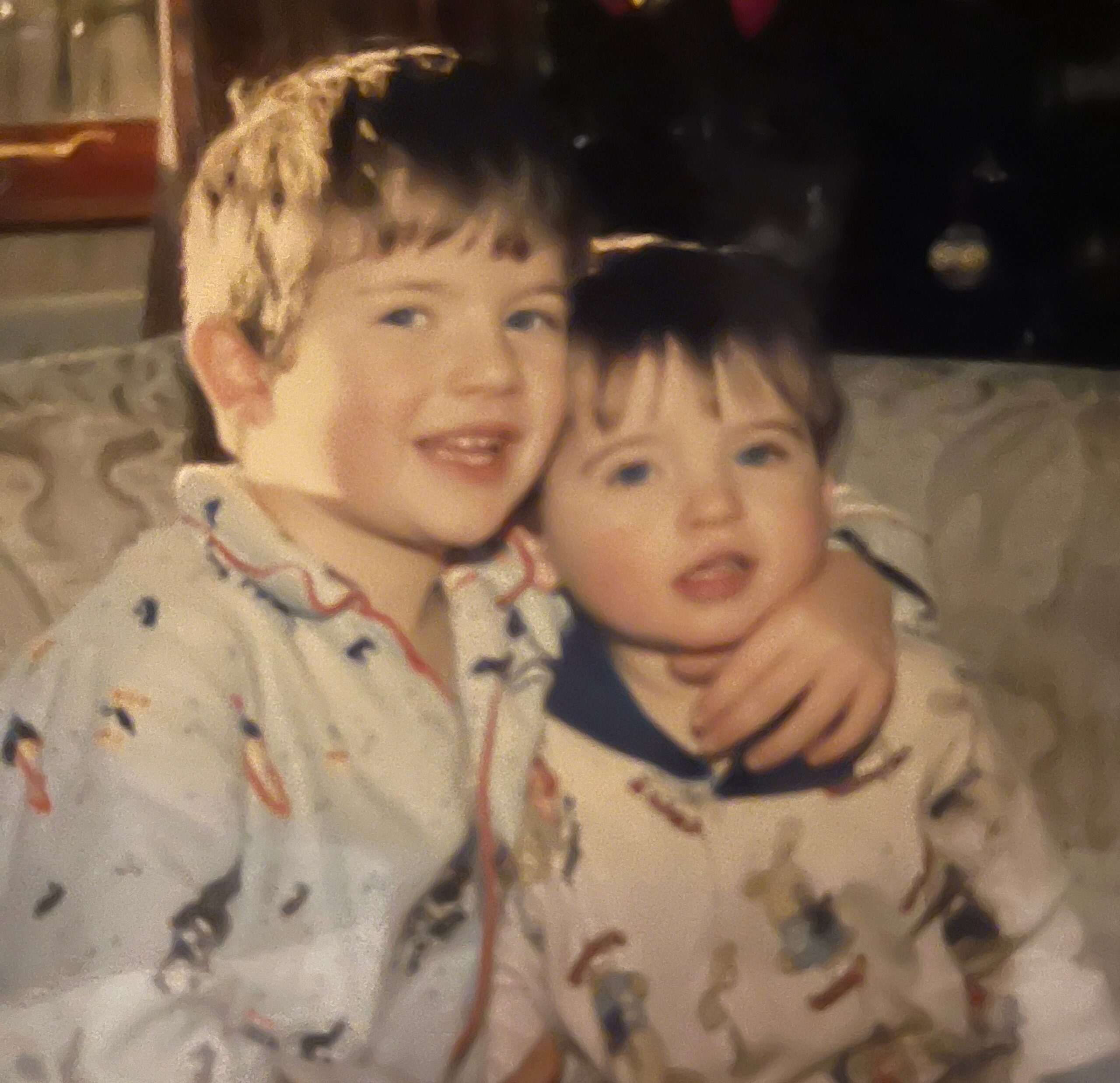
Obviously, things didn’t happen overnight. We had five products — two tees, shorts, jacket and trousers — all designed by Phil’s mate from school, who’s now our chief designer. We make our clothes in Portugal but back then our office was Mum’s kitchen table. Then we worked from Phil’s partner’s — now his wife — flat, and finally a “proper” office in Liverpool. Andy Murray was our first major athlete partnership in 2019, and that had a seismic impact on our global profile and our future. We haven’t looked back.
When you think about it, two young lads with no business experience hoping to challenge the world’s biggest brands is a bit ridiculous. Some of that might have been the naivety of youth — we were both in our mid-twenties — but for me there were also crushing memories of being told I was on the scrapheap. I had a huge chip on my shoulder about that and I probably still do. It pushes me forward, day after day after day.
People ask about the secret to success and the obvious answer is you have to want it more than the next guy. But I also think that, if you don’t come from a moneyed background, there are other obstacles. When we were starting out we’d go into meetings and as soon as people heard the Merseyside accent, I became acutely aware of the scepticism and the condescension.
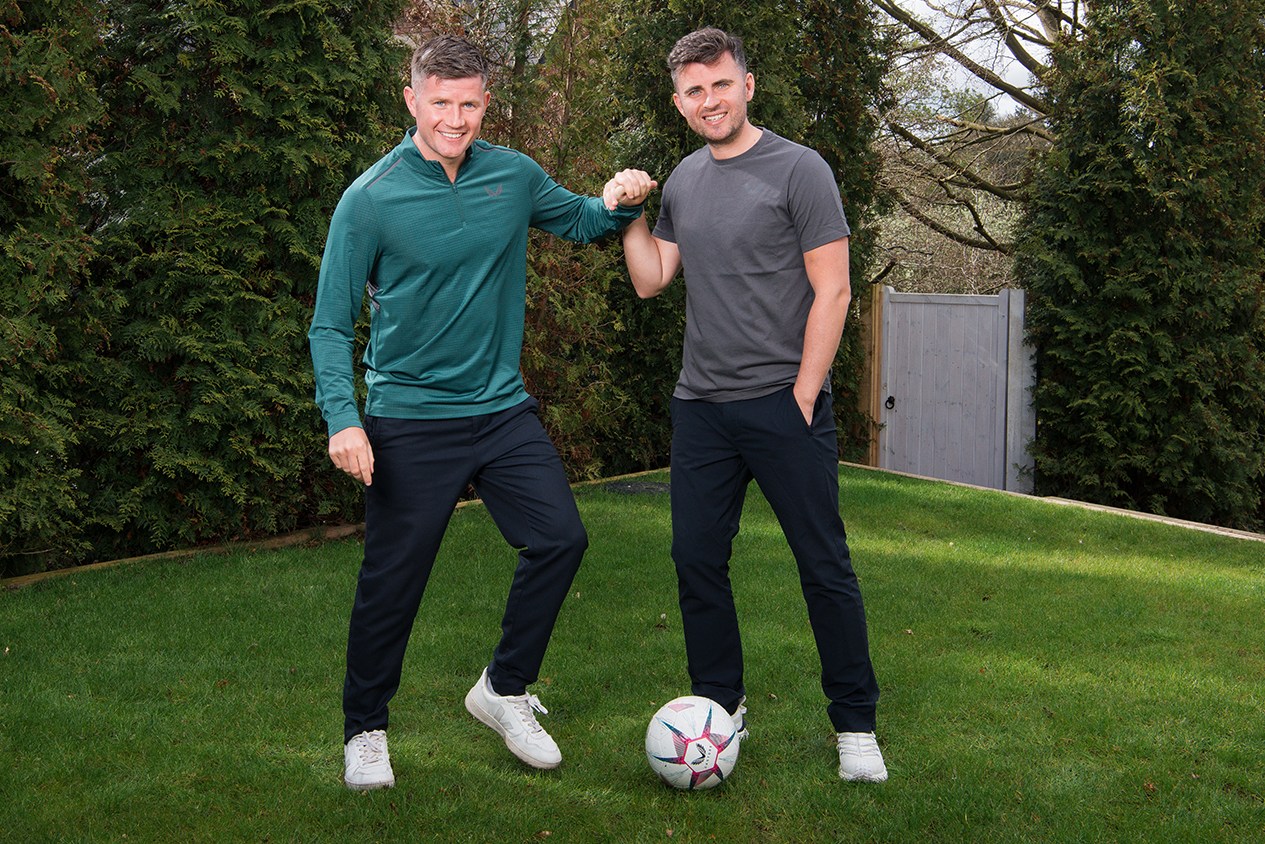
But — and this is a big but — that made us even more determined. And that’s where Britain is missing out on a massive pool of business success stories. Let’s get away from the old school tie. Let’s look to northern cities and working-class kids. When you’ve struggled through life and had to fight for everything, you learn something that can never be taught at a fancy university or bought with your inheritance. Isn’t it time we opened up the world of business to everyone?
• Rich List 2024: discover the full list
Phil
When I was growing up, I hardly ever heard the word entrepreneur. For my mum and dad’s generation it was all about getting a job, getting a house, starting a family. These days it’s not so easy to get a job or buy a house, but it’s easy to get yourself a laptop and set up a website. Maybe that’s why our generation seems more comfortable with entrepreneurship and starting your own business — it’s often the only option open to us.
We put everything we had into the business at the beginning, but it wasn’t enough. We were talking to Mum and Dad about cash flow and they said they were willing to remortgage the house to help us. We knew what that house meant. We’d seen them work for it for years and they were willing to risk it all for us. Obviously, we were hugely grateful, but it gave us a hell of an extra incentive to make Castore work. As we made a bit more money we were able to buy them a bigger place, and that’s been one of the most satisfying moments of the whole journey.
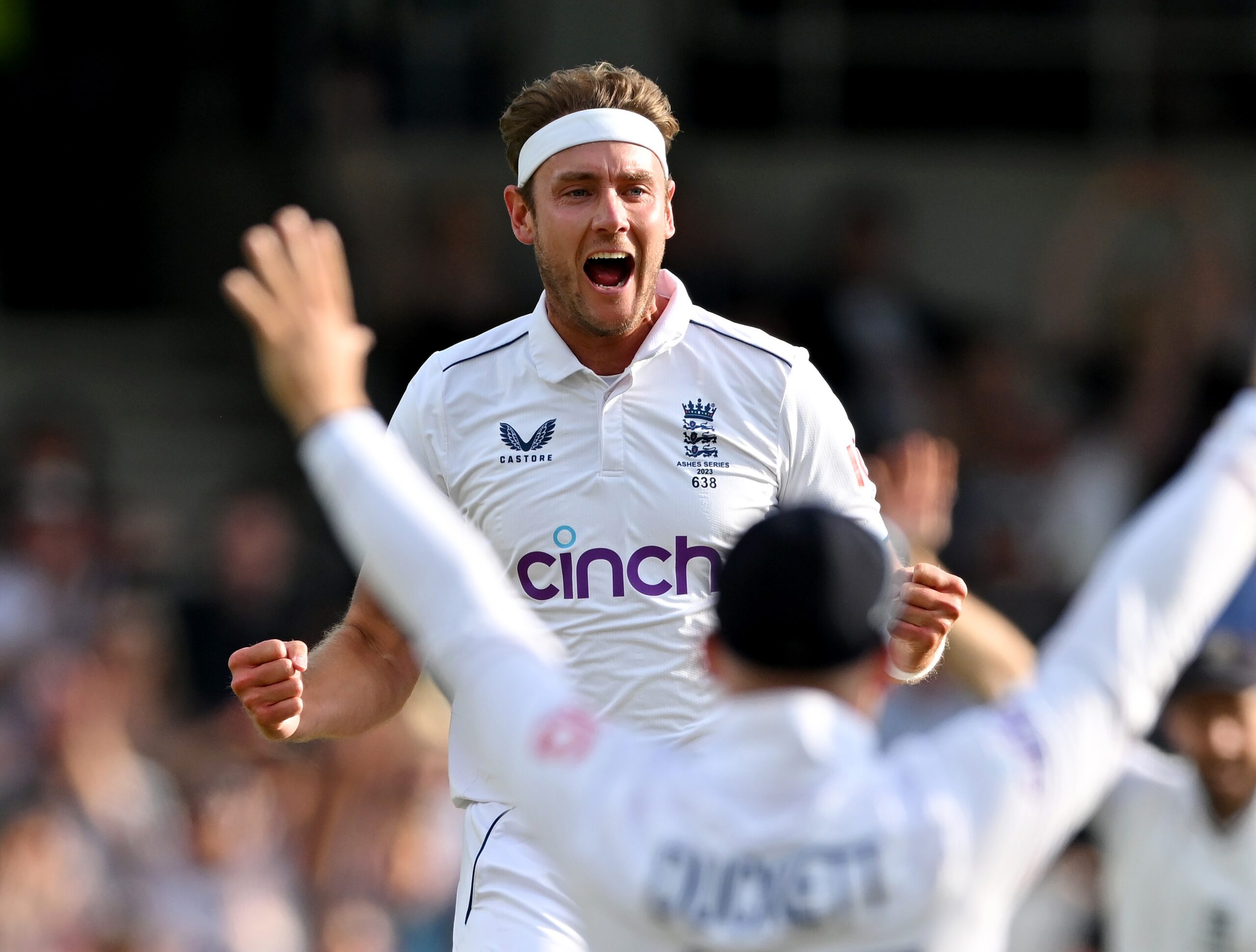
Six years ago if you’d told me that Castore would have a turnover of £250 million, I’d have laughed. But the thing about success is it becomes addictive. [The company was valued at almost £1 billion last year; the brothers still own a third of the shares.] That’s when working with family becomes a big positive. We’re continually pushing forward, trying to outcompete each other. Do we argue? Of course! Is it anything like you see on telly in shows like Succession? Never! For me and Tom, being brothers means that we both want what’s best for the business. During Covid all the big business names were pulling up the drawbridge but Tom said: “Let’s get Castore out there.” We’d spend our Sundays emailing customers, thanking them for choosing our products. We’d get in touch with sports stars or football teams and say: “Are you happy with your current sponsor?” We now work with Andy Murray, McLaren, Glasgow Rangers, Newcastle United and Bayer Leverkusen.
• Find Tom and Phil Beahon on our 40 under 40 young wealth list
I’ve just become a father and it’ll be interesting to see if that changes things. Having a child is the best feeling in the world but, if we’re being honest, it’s my wife, Sophie, who’ll do most of the parenting. Being the partner of someone who’s starting up a business is often the harder job. She’s the one who had to pay my rent for two years; she wasn’t able to go out and enjoy herself because all our spare money was going into the business. People don’t realise what sort of strain it puts on a relationship.Where do we want to end up? Why shouldn’t we be challenging Nike or Adidas on the global stage? People have seen the hoo-ha with the new Nike England shirt and they’re rightly asking why we don’t have an English company supplying the national team. Give us a call.castore.com
Strange habits
Tom on PhilHe’ll ring me up at midnight on Friday, worrying about the exchange rate between sterling and the yen. Phil, I’m fast asleep!
Phil on TomWhen we were kids, no matter what game we played or what the final score was, Tom always declared himself the winner
Rich List 2024
Explore the definitive guide to the wealth of the UK’s richest people
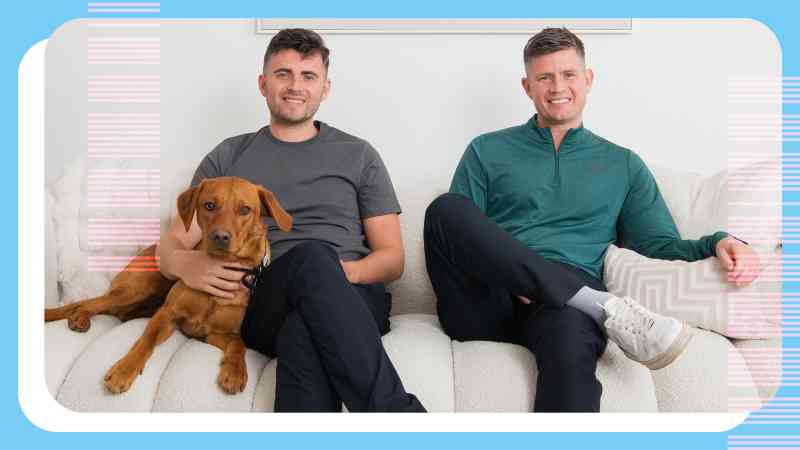
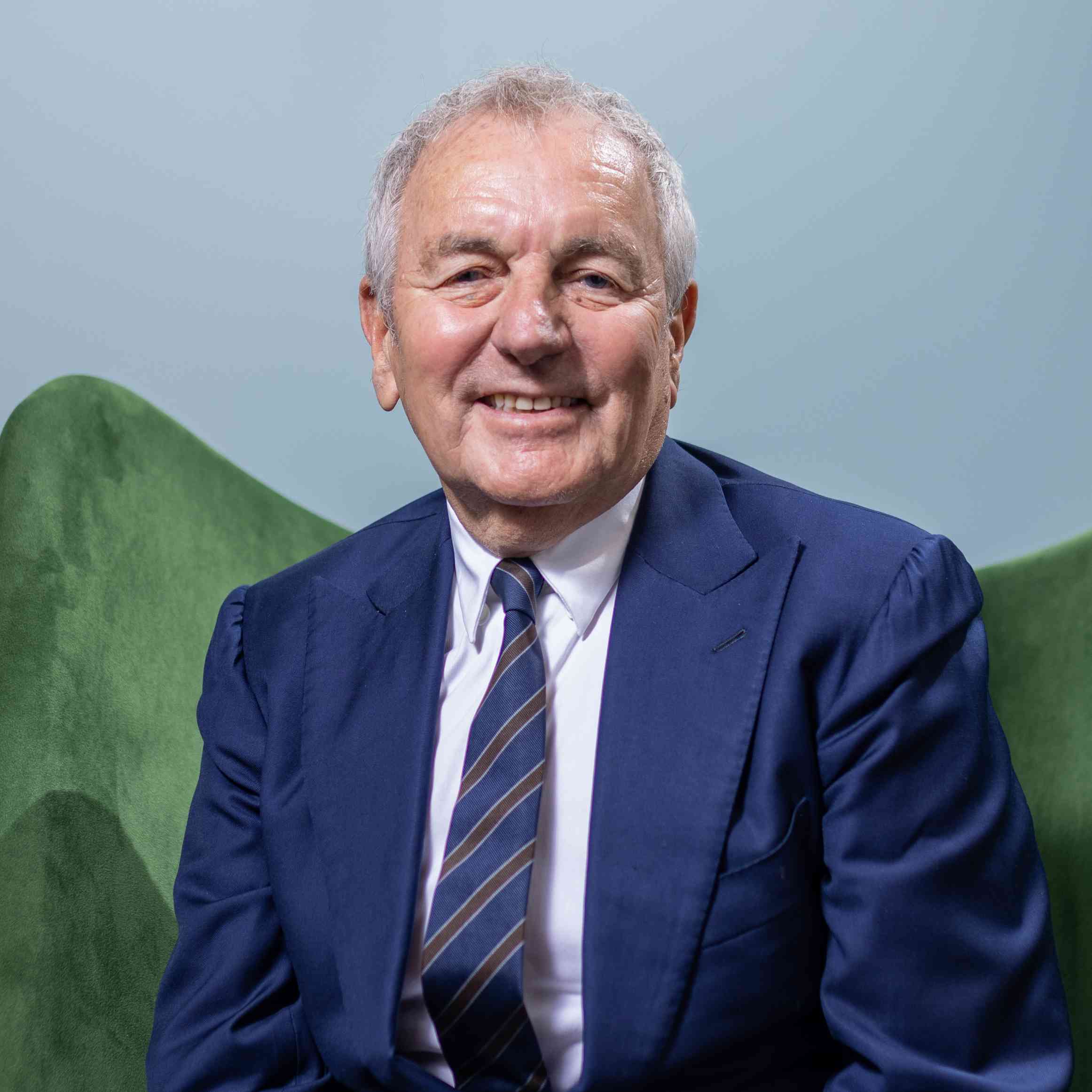
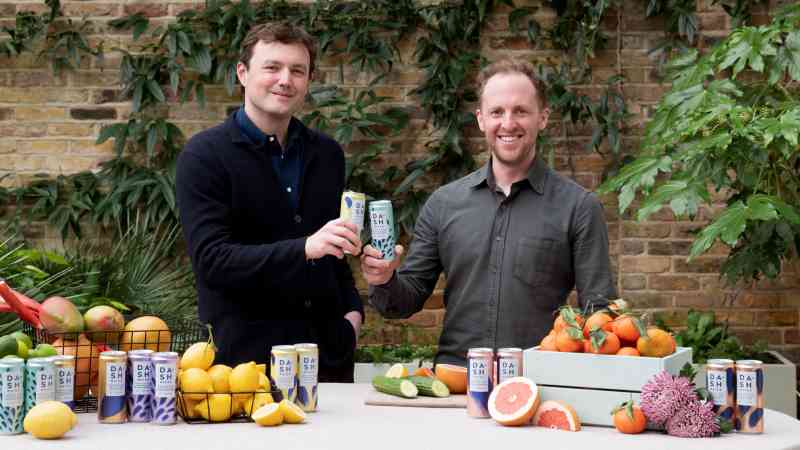
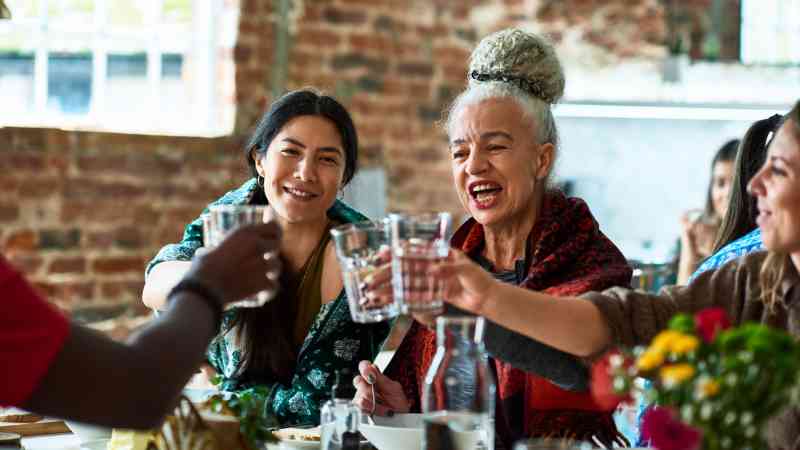
Post Comment